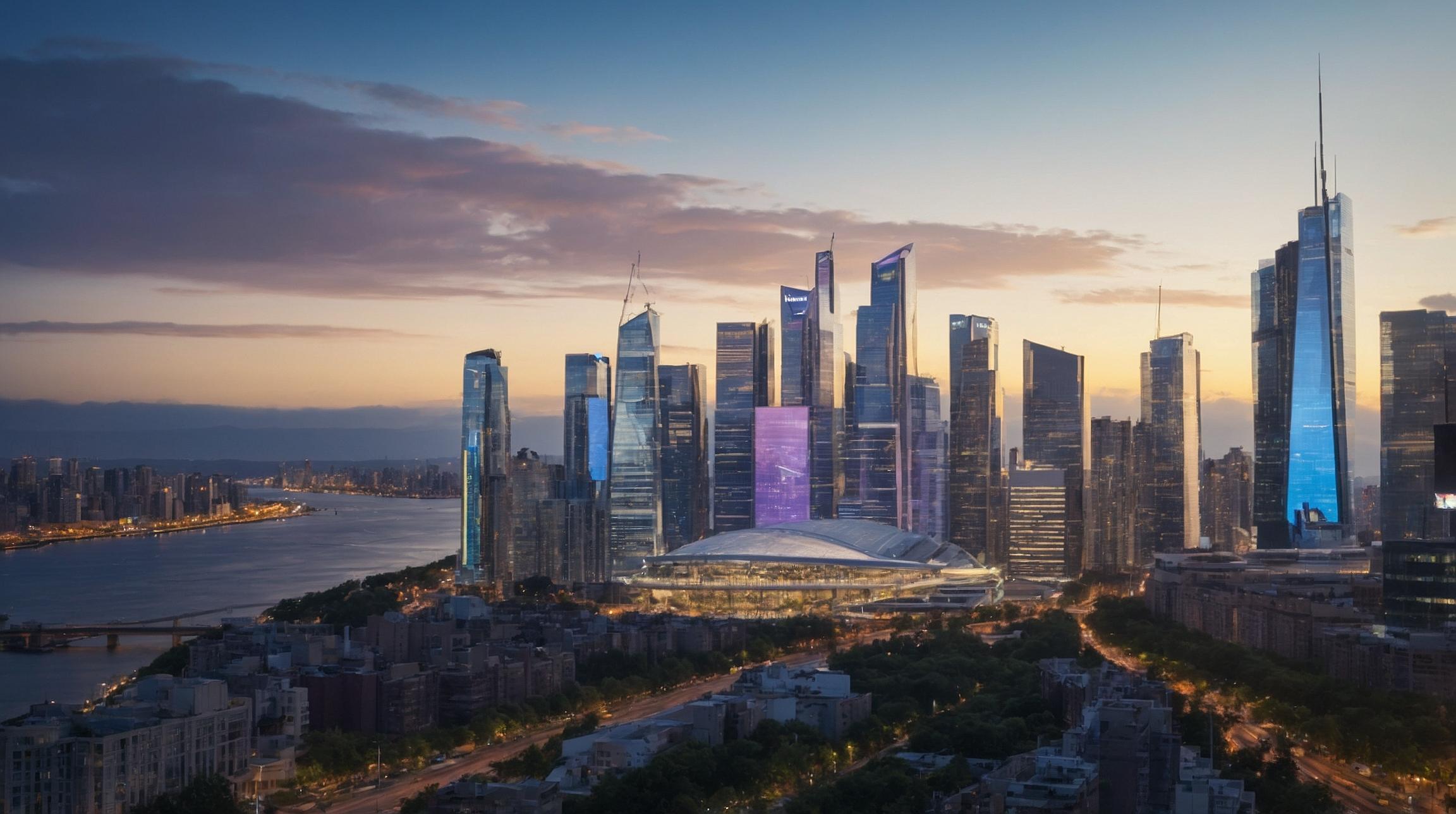Investments from the PRC Surge in Oceania Amid Shift in Diplomatic Relations
Investments from the People’s Republic of China (PRC) in the Oceania region have skyrocketed in recent years, reaching a total of US$2.72 billion by the end of 2021. This surge in volume and value reflects the increasing presence and influence of Chinese companies, who have been making significant inroads into the region’s political and economic landscape.
One recent development that highlights this trend is Nauru’s decision to re-establish diplomatic relations with the PRC, breaking nearly 20 years of ties with Taiwan. Although this move may have come as a surprise to some, given the former Nauru President’s visit to Taipei in October 2023, it has been welcomed by Chinese companies operating in the region. One such company, China Harbour Engineering Company (CHEC), has been involved in a port development project in Nauru since May 2023.
While much attention has been focused on the geostrategic implications of Nauru’s decision and the US-China competition for influence in Oceania, the role of Chinese companies in the region has often been overlooked. These companies have diverse interests and a significant presence in Oceania, making them important players in the changing dynamics of the region.
In a November 2023 article titled “Mapping PRC Companies in the Pacific,” we shed light on the central role Chinese companies play in Oceania’s political and economic landscape. By compiling data from various sources, including local media reports, company reports, state records, and the Lowy Institute’s Pacific Aid Map, we were able to showcase the grounded impacts of Chinese companies in countries like Solomon Islands and Fiji.
The construction and real estate sectors in many Pacific Island Countries (PICs) have seen a dominance by Chinese construction companies. This reflects both the infrastructure needs of these countries and the geopolitical interests of the PRC. Importantly, development banks, particularly the Asian Development Bank (ADB), have played a vital role in supporting and expanding the presence of PRC construction companies in the Pacific.
Between 2008 and 2021, the ADB was the second largest overseas development partner to Oceania. In 2019, a significant portion of projects by China Civil Engineering Construction Corporation (CCECC) in Vanuatu and CHEC in Papua New Guinea were financed by non-Chinese sources, with the ADB being the primary funder.
Chinese companies have a diverse presence across the Pacific, with key players like CCECC and CHEC involved in projects in various countries. Some companies focus on specific countries, such as Shanghai Construction Group in Samoa, China Railway First Group in Fiji, and China National Overseas Engineering Corporation (COVEC) in Papua New Guinea.
While these companies are economically significant, they also face pressure to align with the interests of the PRC party-state. However, this expectation doesn’t always align with the perspectives of project managers who often have limited interest in political affairs. This tension between commercial orientation and party loyalty is not unique to the Pacific or the developing world but is a common phenomenon for PRC overseas subsidiaries.
There have been instances where PRC construction companies have furthered the interests of the party-state in the region. For example, CCECC’s delegation based in Port Vila lobbied the Solomon Islands Prime Minister in 2019 for a diplomatic switch from Taiwan to the PRC. This venture into diplomacy has proven fruitful for CCECC, as they were able to secure various projects from Chinese, local, and multilateral sources.
In Nauru, CHEC won two projects backed by the ADB, namely the solar power development project and the port development project. The latter, valued at US$80 million, aims to transform the Aiwo Boat Harbor into Nauru’s first international and cargo terminal, enhancing trade and connectivity.
Meanwhile, there is speculation that Tuvalu may also break ties with Taiwan, especially after the recent elections saw the pro-Taiwan prime minister voted out of his seat. This speculation was already present during the 2019 elections when Chinese companies offered to build artificial islands to help Tuvalu deal with the loss of land due to rising sea levels. CCECC, for instance, had a presence in Tuvalu from 2017 to 2022, building maritime infrastructure on the outer islands and establishing influential connections.
PRC construction companies are playing a vital role in addressing the urgent infrastructure needs of the region. According to the ADB, Oceania requires an estimated US$30 billion in infrastructure spending by 2030. At the same time, these state-linked companies are gaining political influence, contributing to a shift in geopolitics within the Pacific. To fully understand China’s presence in the Pacific and its impact on the ground, analysts must not overlook the significant role played by PRC corporate actors.
Analyst comment
This news can be evaluated as positive for the market. The surge in investments from the PRC in the Oceania region indicates increasing economic opportunities and development. Chinese companies, such as China Harbour Engineering Company (CHEC), have been making significant inroads into the region’s political and economic landscape, which can lead to further growth and infrastructure development. However, analysts should also be mindful of the role of these state-linked companies in influencing geopolitics within the Pacific.













